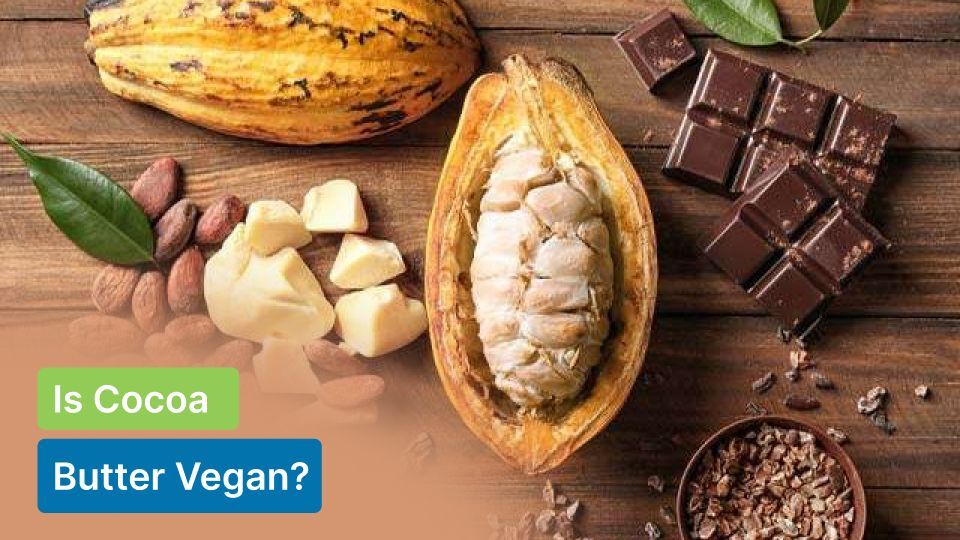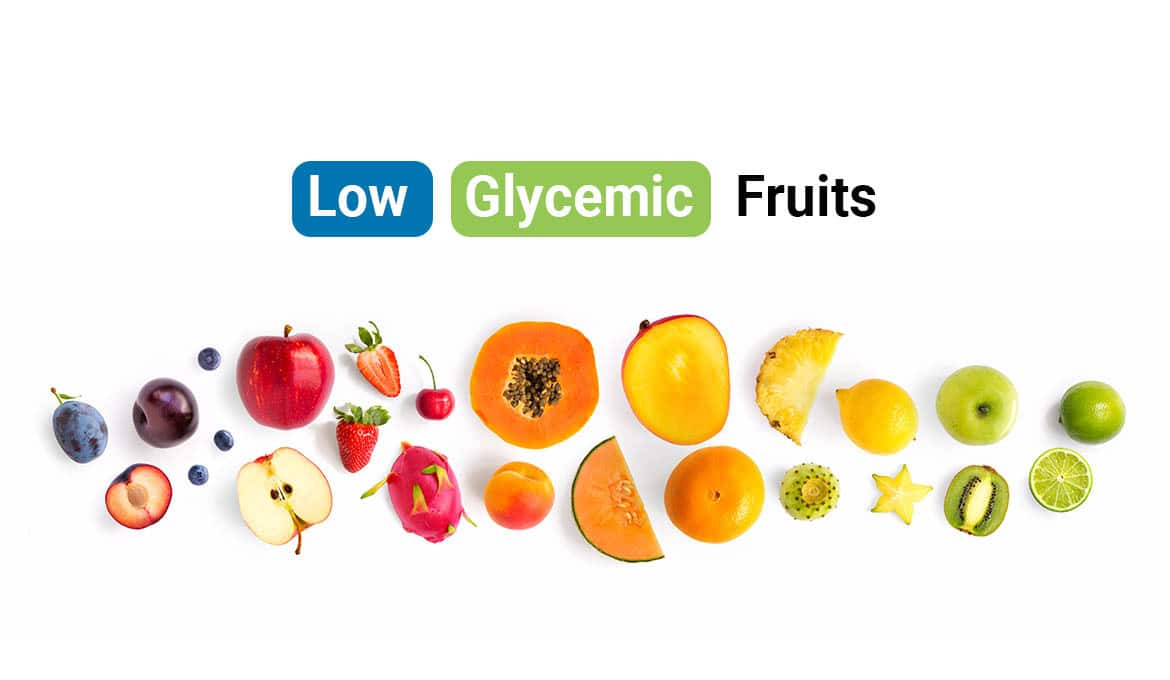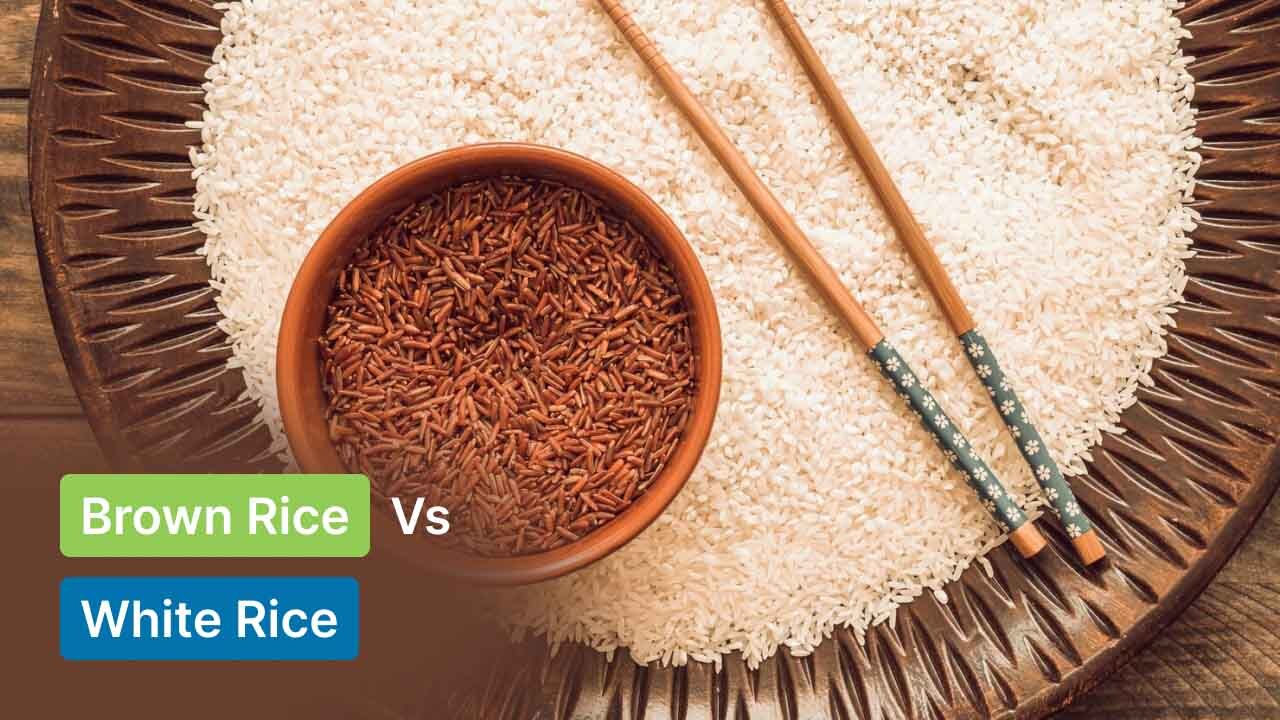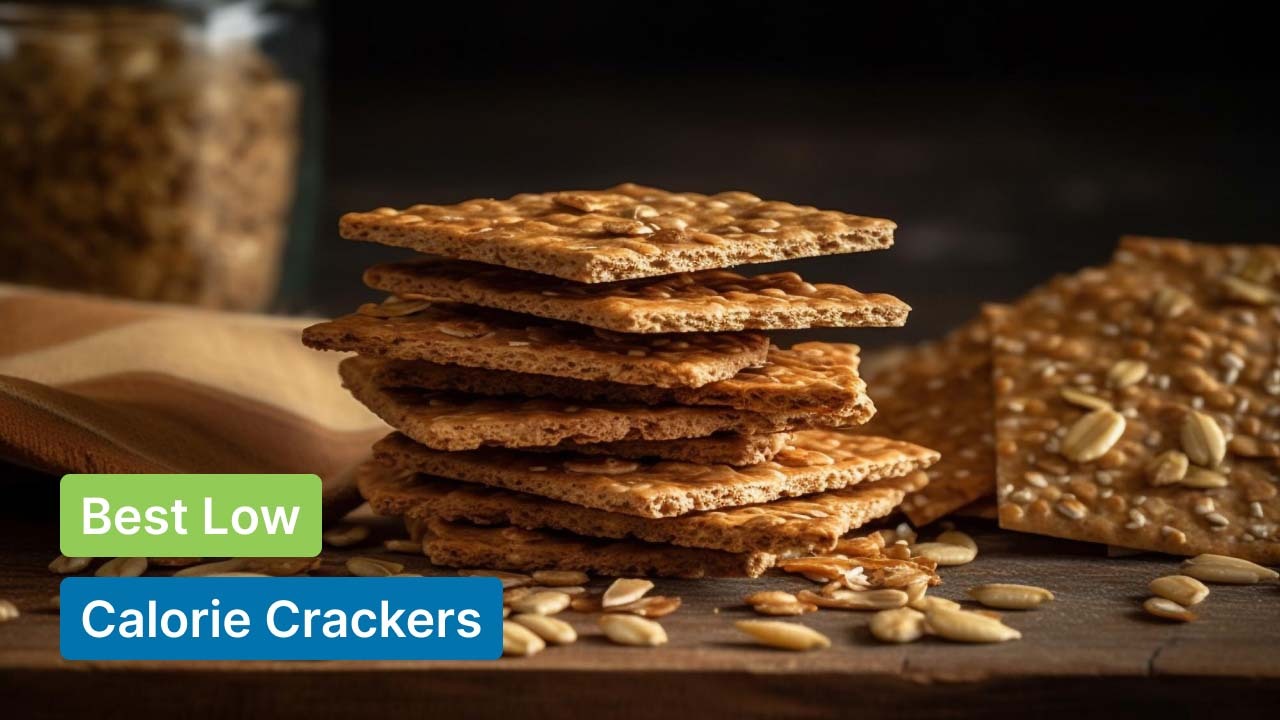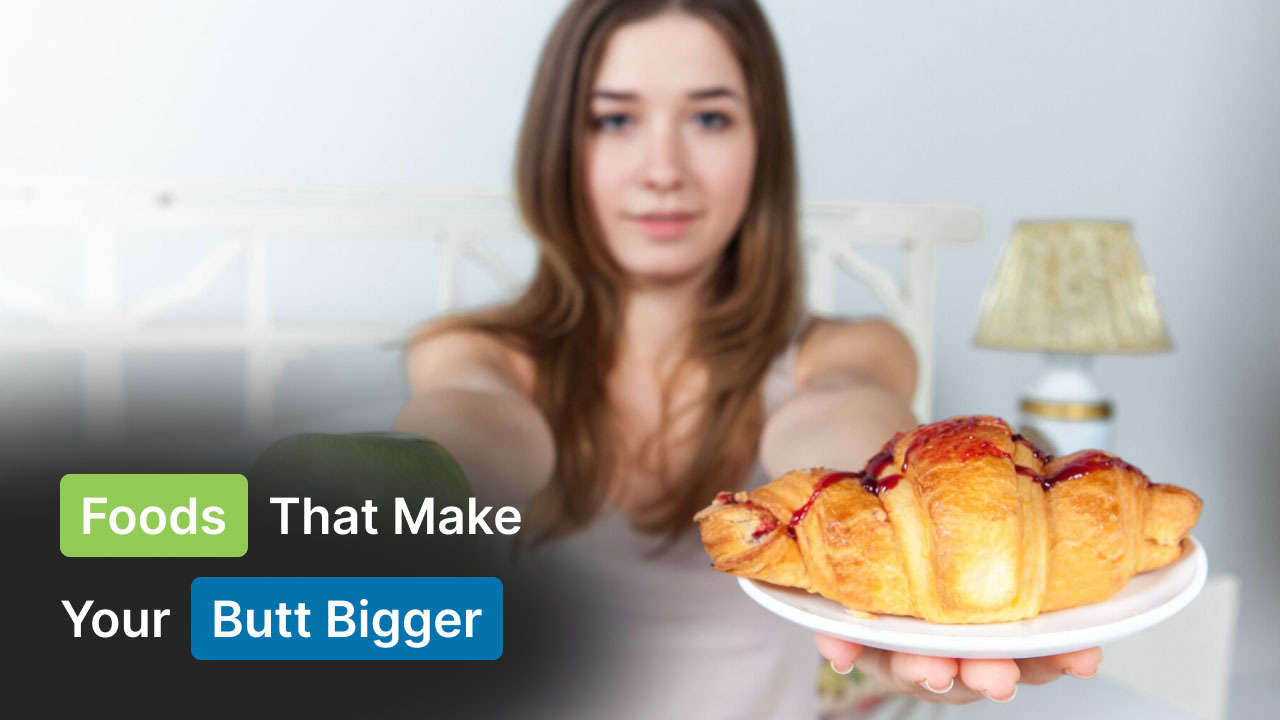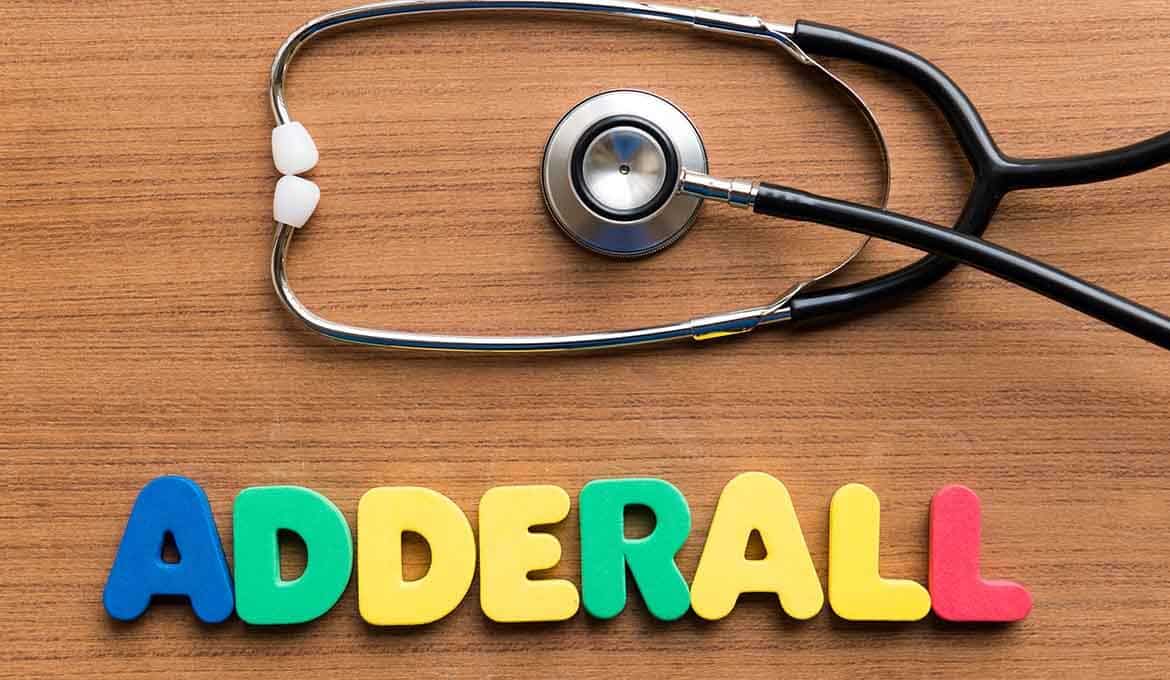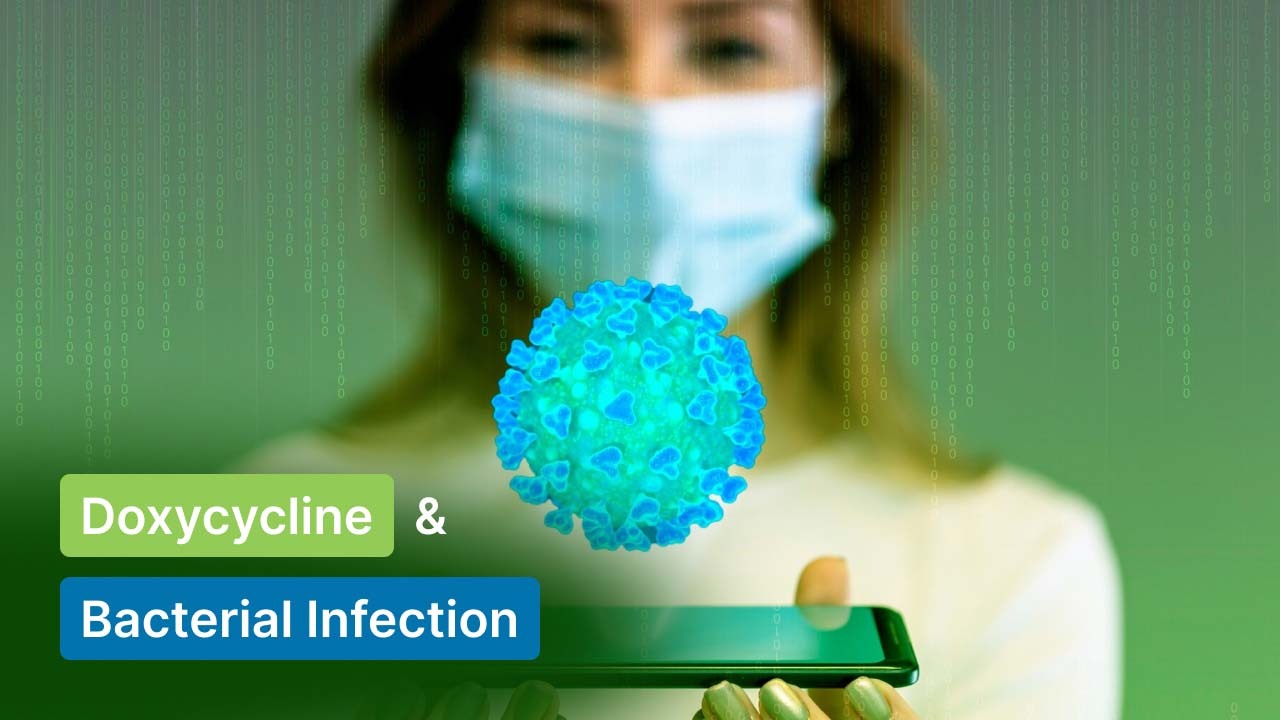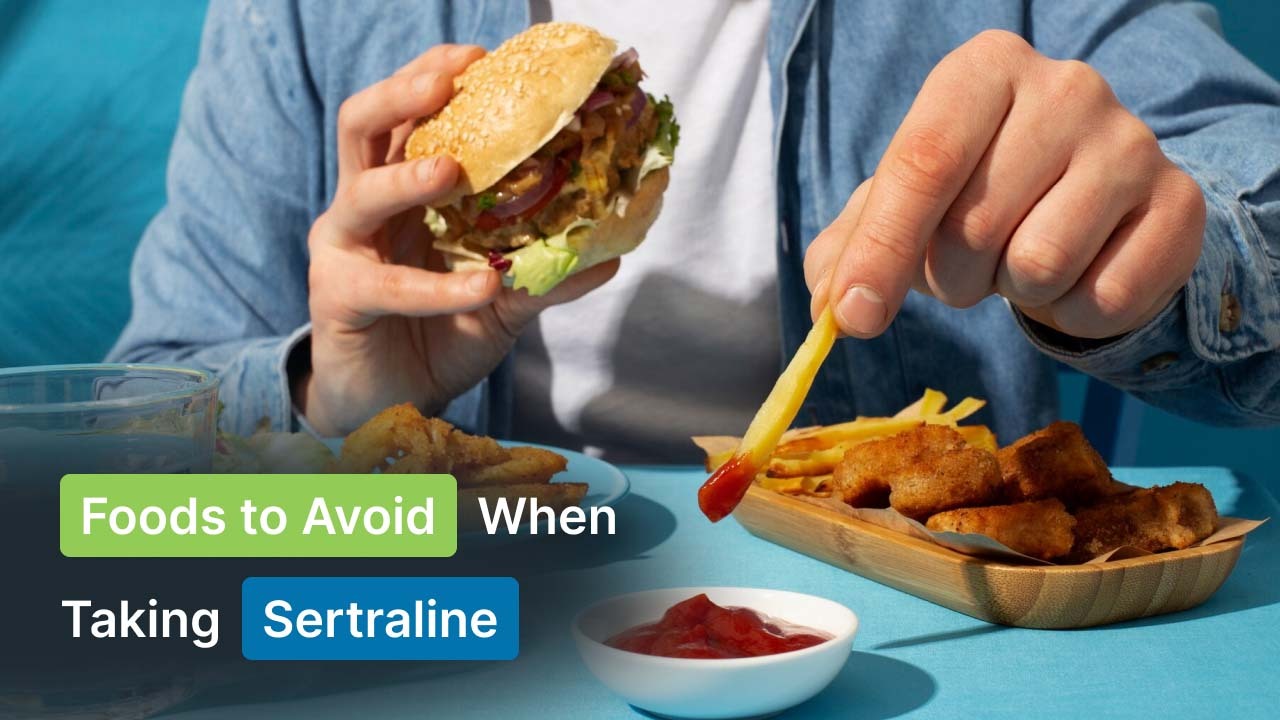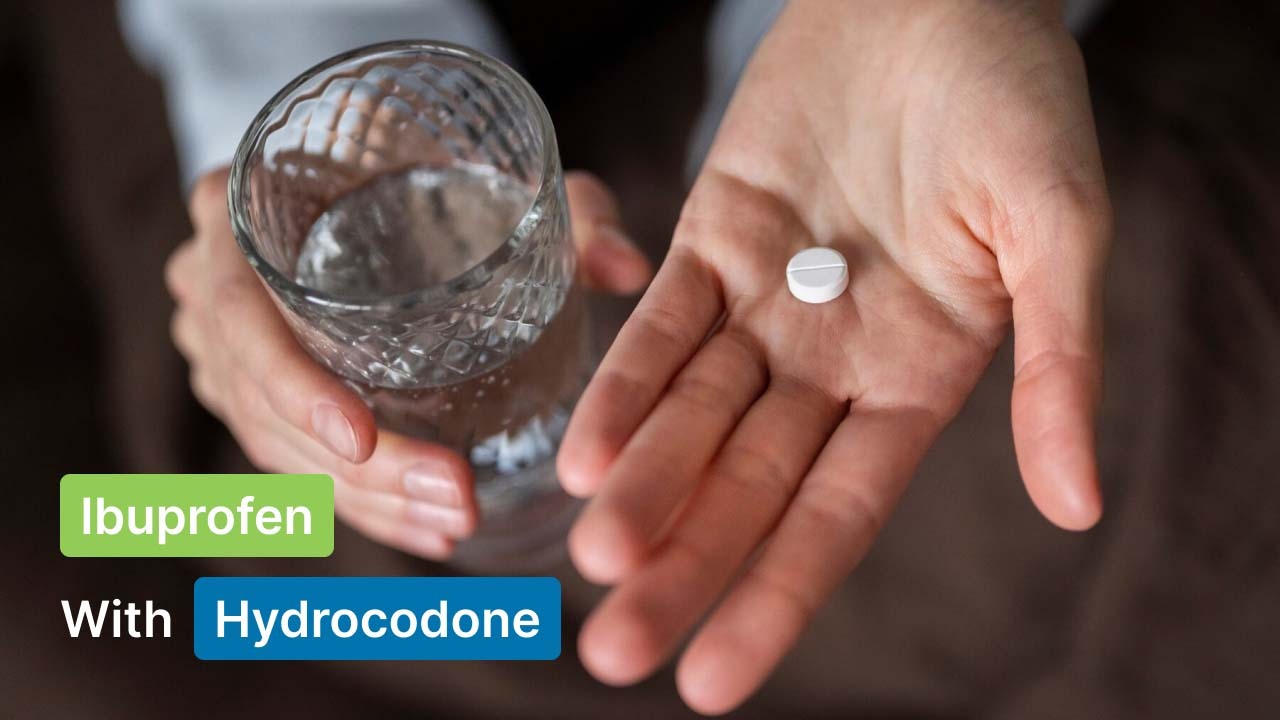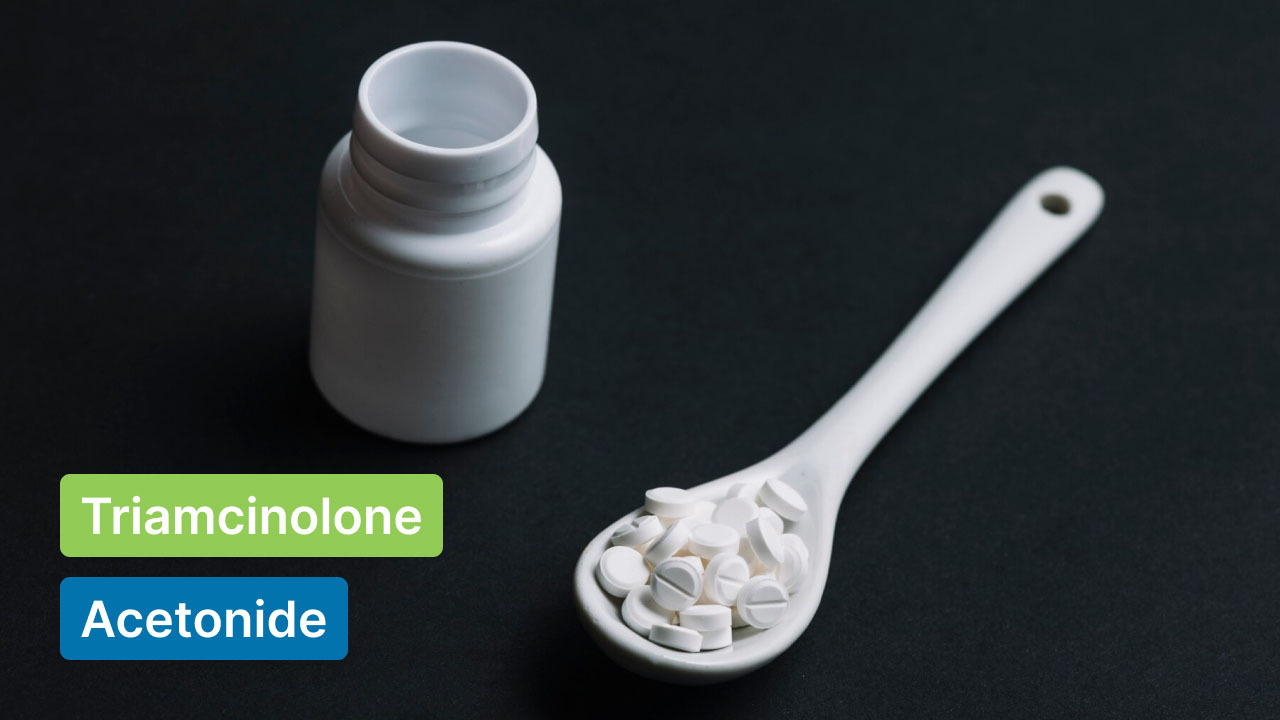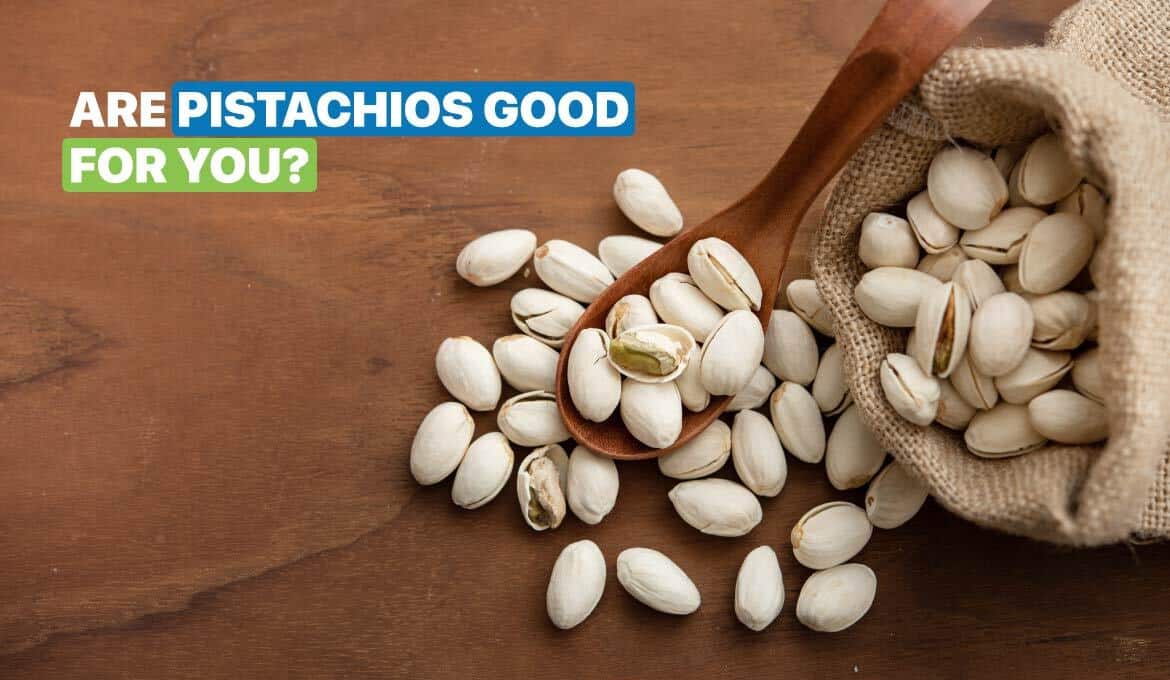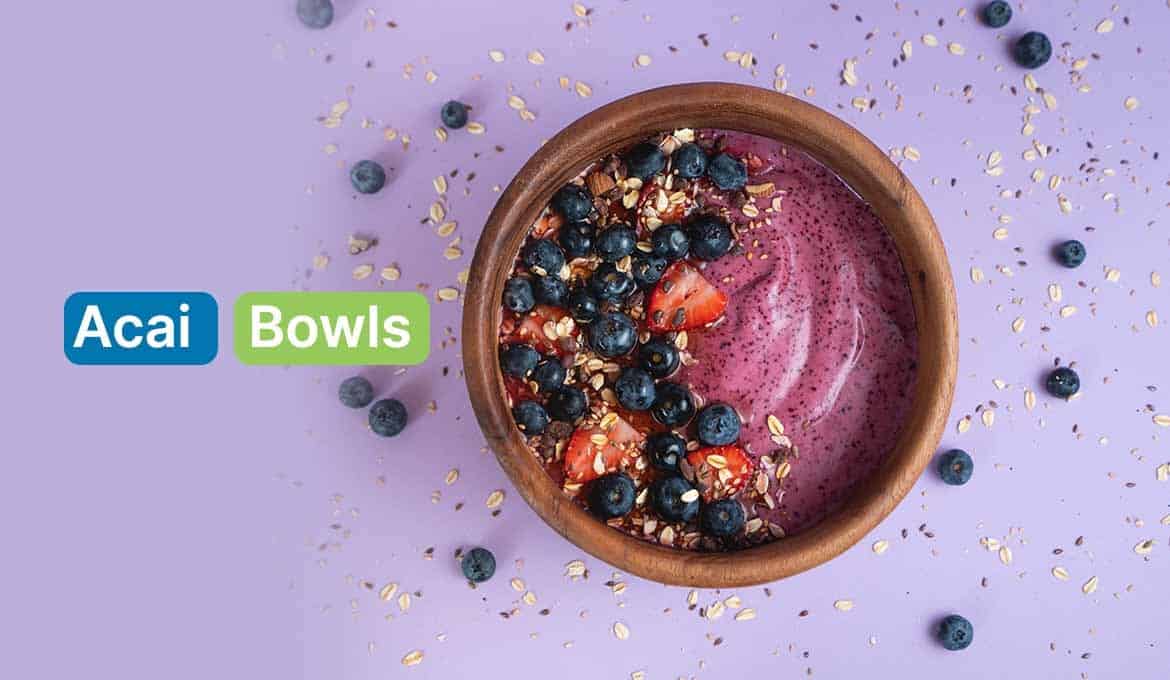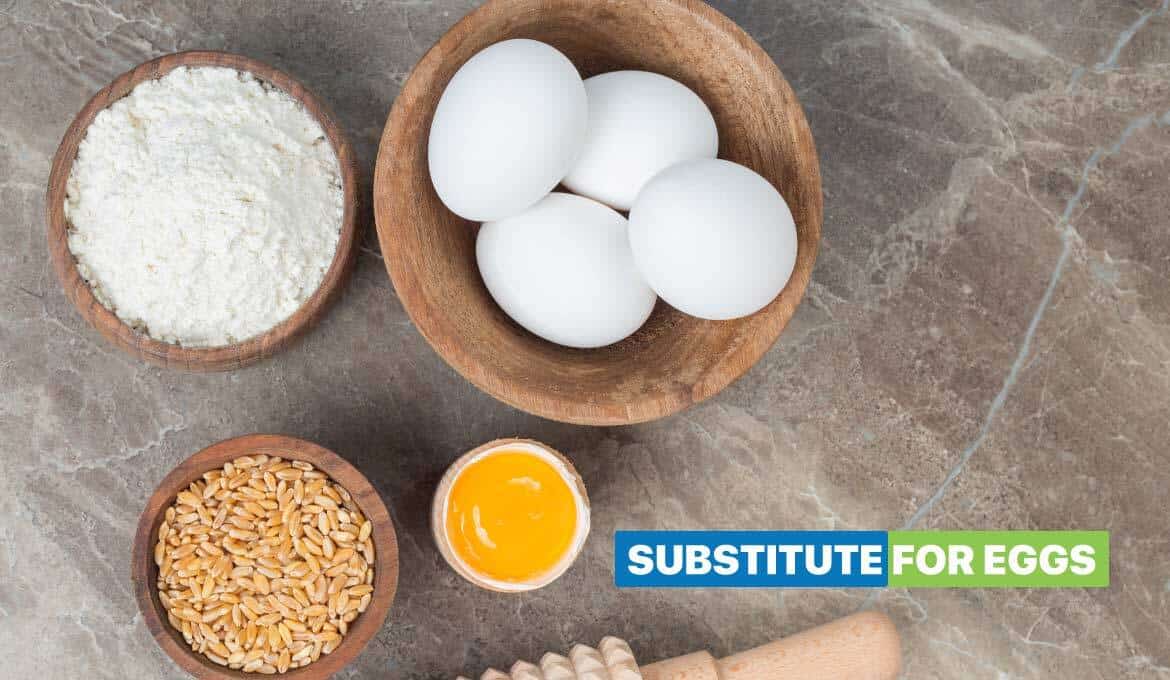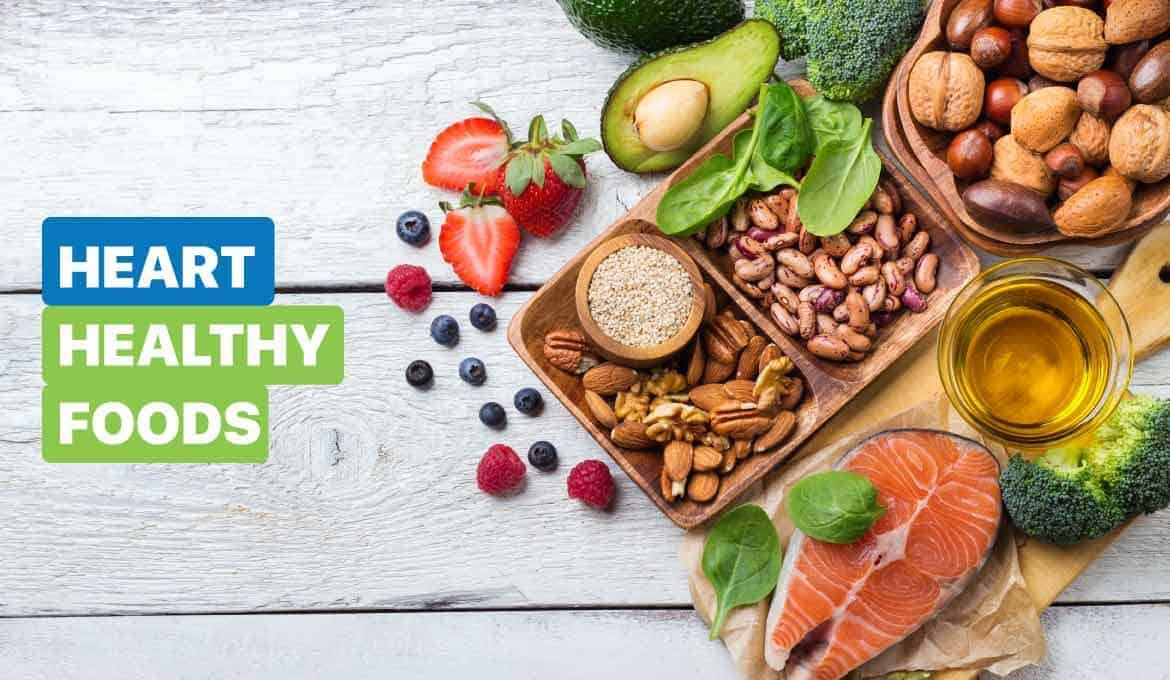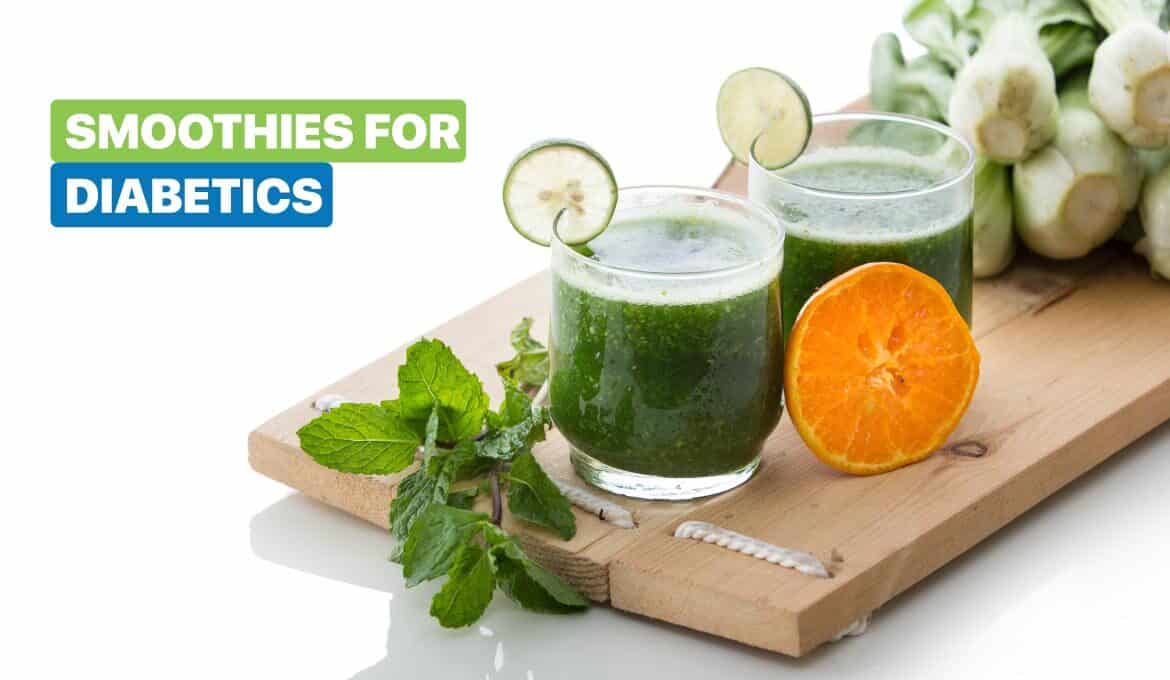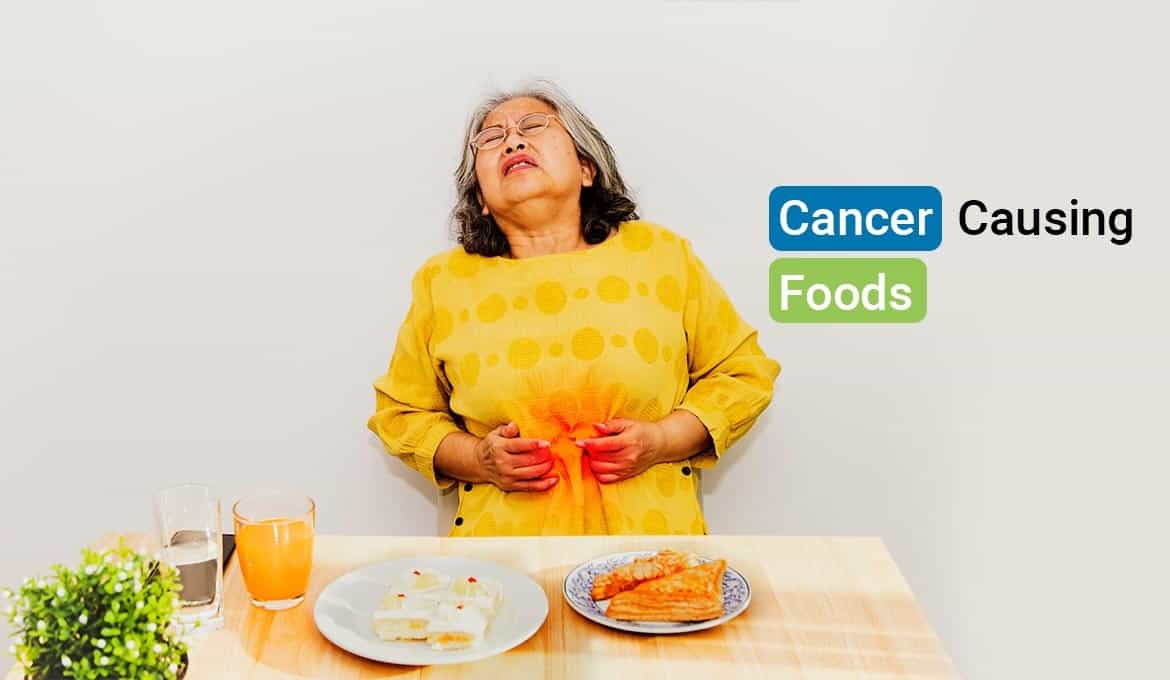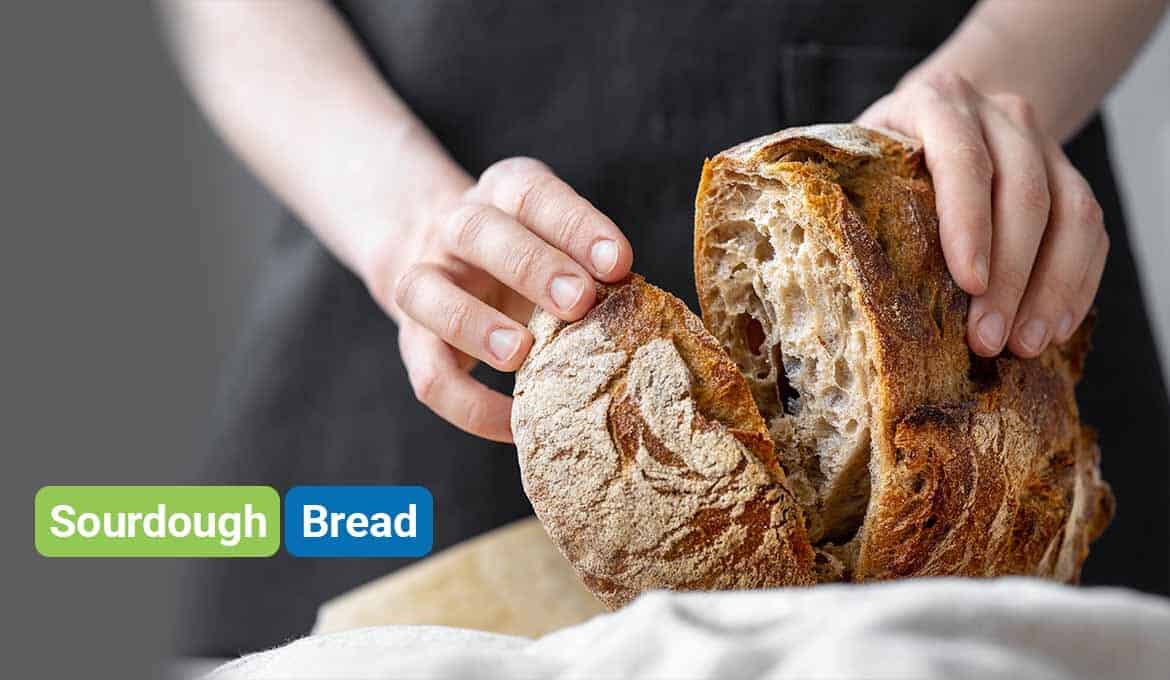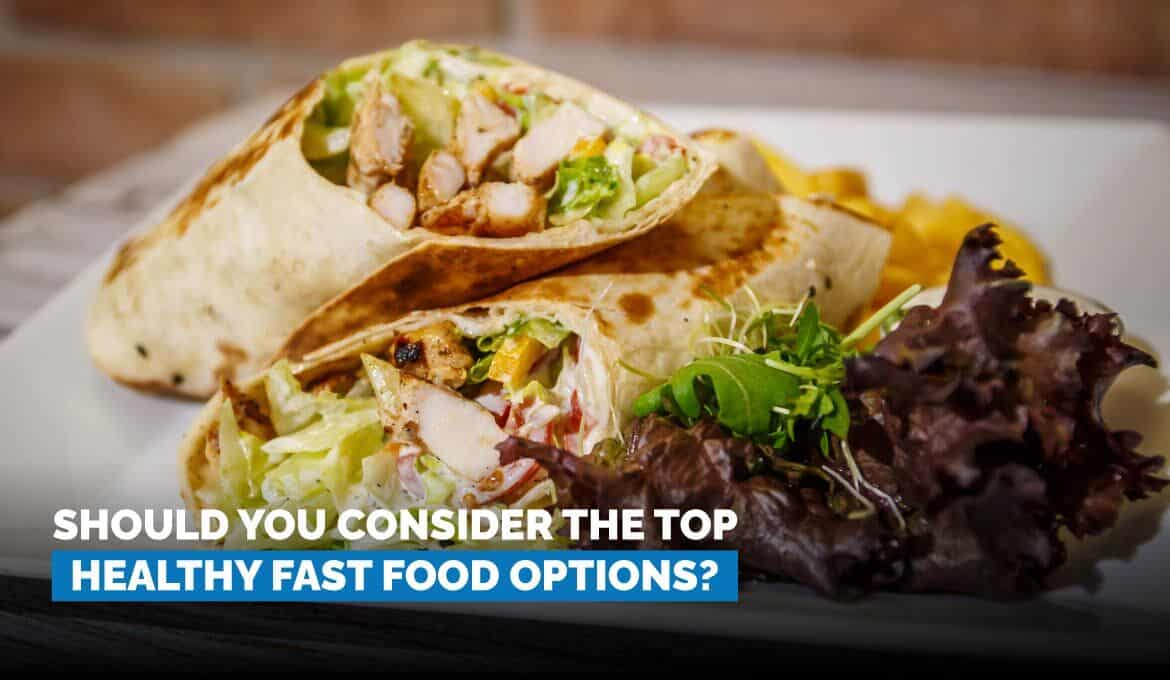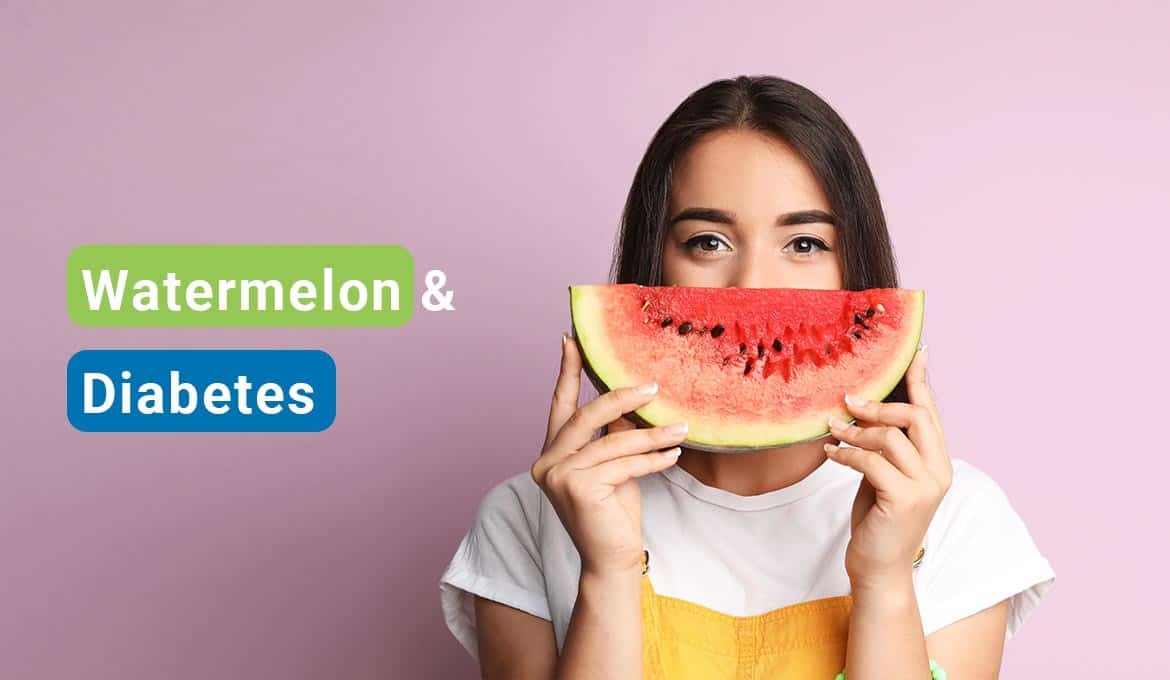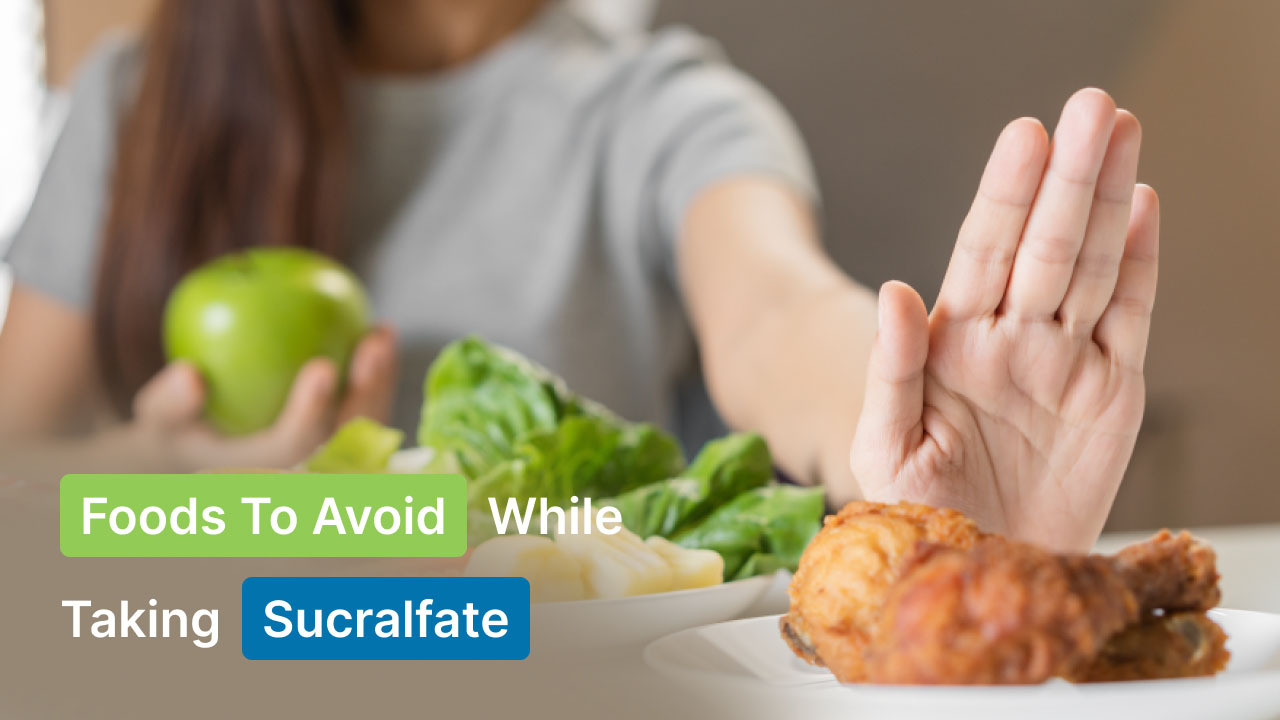
If you have been prescribed sucralfate, you've likely been told to take it on an empty stomach. But you might be wondering what is the reason behind it.
While many medications are advised to be taken shortly before or after a meal, some medicines, such as sucralfate, require a more extended interval due to their unique absorption and action characteristics.
Sucralfate is an oral medication commonly prescribed to treat various gastrointestinal issues, such as ulcers, gastritis, and acid reflux. It works by forming a protective barrier in the stomach and intestines.
However, to maximize the effectiveness of this medication, it's important to be aware of what foods can interfere with its absorption and healing properties.
In this blog, we have compiled a list of 12 foods to avoid while taking sucralfate to maximize its effectiveness and prevent potential complications.
But before moving on to the foods section, let's first understand what sucralfate is and how it works.
What is Sucralfate?
Sucralfate, also known as Carafat, is a drug that helps treat duodenal ulcers in your small intestine and other digestive issues.
It belongs to a class of drugs called protectants. Chemically, sucralfate is a complex compound constituting sucrose and aluminum hydroxide. This aluminum binds to other medications, interrupting the sucralfate action.
Sucralfate works by forming a coat or barrier around the ulcer. It does not neutralize stomach acid like antacids or inhibit acid production like proton pump inhibitors (PPIs).
Rather, sucralfate creates a coat that attaches to the damaged mucosa in the digestive tract, practically protecting it from the harmful effects of stomach acid and digestive enzymes. This protective barrier helps in the healing of ulcers and other GI issues.
What is Sucralfate used for? – Benefits
Sucralfate is primarily used for the treatment of gastric ulcers in the stomach, but it can also be used to treat other medical conditions, such as:
- Gastroesophageal reflux disease (GERD)
- Esophagitis
- Gastritis
- Epithelial wounds
- Stress ulcers
- Burn wounds
- Chemotherapy-induced mucositis (refers to the inflammation of the mouth or gut from chemotherapy).
- Radiation proctitis
It's also sometimes used to manage chronic kidney disease-associated gastropathy in cats and dogs.
How Does Sucralfate Work?
To understand the importance of food choices while on sucralfate, it's crucial to understand how this medication works. The exact way the sucralfate works is not known yet. However, studies show that when you take sucralfate with water, it forms a coat.
When ingested, it reacts with gastric acid to develop a thick, gluey paste. This substance attaches to the lining of the stomach and duodenum, forming a physical barrier that acts as a shield. This coat or film prevents further damage to the irritated ulcer and harsh gastric environment.
Sucralfate usually comes in both tablet and liquid form and is taken orally. If you are taking sucralfate to treat your ulcers, the medication is usually taken four times a day.
On the other hand, if you are taking it to prevent an ulcer from returning after it has healed, the tablets are taken twice a day.
Take it as directed by your doctor or pharmacist. Do not consume more or less of it or take it more often than prescribed by the doctor.
Sucralfate must be taken regularly to be effective. It should take around six to eight weeks to heal an ulcer, depending on the severity of it. This drug also helps neutralize stomach acid, making it less acidic. The acidity is what can break down an open ulcer.
What Happens If You Take Sucralfate With Food?
If you have food in your stomach, the sucralfate won't be able to coat your ulcers and allow them to heal properly. That's why it's important to be mindful of our diet to avoid complications during treatment.
In other words, the medication will not work properly, and the ulcer will not be managed or healed. It can lead to internal bleeding, which is the most common complication of duodenal ulcers.
This condition may occur when an ulcer develops at the site of a blood vessel. The bleeding can either be slow or long-term, leading to serious illnesses such as anemia.
That's why doctors recommend you to take sucralfate on an empty stomach. When ingested, it can easily form the complex that binds to the protein-rich exudate of ulcers. Further, it binds to albumin and fibrinogen, preventing blood clot lysis by hydrochloric acid in the stomach.
When sucralfate is consumed with food, several unwanted outcomes may occur:
- Reduced absorption
- Delayed healing
- Decreased symptom relief
The timing of Sucralfate administration is an important factor. To maximize the benefits of this medication, it should be taken on an empty stomach.
For best results, it is generally recommended to take sucralfate at least one hour before meals or two hours after, as an empty stomach confirms that the medication can work as intended.
10 Foods To Avoid While Taking Sucralfate
Now, let's come to the interesting part. Certain foods can disrupt the protective barrier created by sucralfate and hinder the healing process. Below is the list of food categories that you must avoid while on sucralfate:
1. Citrus fruits/ Acidic foods
First up on our list is citrus fruits such as orange and lemon.
Our stomach is more acidic than these fruits, so having acidic food can even exacerbate the ulcer symptoms.
On the other hand, when you take sucralfate, the acidic nature of citrus fruits can actually prevent forming a protective coat on the ulcers and also increase acidity.
As a result, eating less acidic foods is key when you're on sucralfate! Other foods to avoid include Grapefruits, limes, blueberries, pineapples, and plums.
2. Coffee and Tea
Most of us depend heavily on that morning cup of coffee to get moving. Sadly, it contains caffeine, which is considered a common gastric irritant.
Consuming too much coffee or tea may irritate active ulcers in some people. When you take sucralfate, caffeine may hinder its absorption in your stomach.
What’s more, caffeine is known to relax the lower esophageal sphincter, which can contribute to acid reflux and heartburn.
So try to limit your intake of tea or coffee around the time of taking this medication. You may also consider switching to decaffeinated options.
3. Alcohol
Alcohol is well-known for its adverse effects on the gastrointestinal tract. It's important to keep in mind that alcohol can greatly affect the absorption of sucralfate in your gastrointestinal tract.
It's not well-researched exactly how alcohol interacts with sucralfate, but for optimal absorption and effectiveness of the medication, it's advised to avoid consuming any alcohol.
Generally, all forms of alcohol can be problematic for ulcers, including beer, wine, and cocktails.
4. Onions and garlic
Onions and garlic contain substances that are known to irritate the stomach lining and elevate the acidity level, which in turn worsens the symptoms of acid reflux.
Thus, to ensure the efficacy of sucralfate and protect your lining from further irritation, it is best to avoid eating onion or garlic.
5. Processed meat
Processed meats are meats that have been preserved by salting, smoking, curing, canning, or adding chemical preservatives. Nobody can stay away from yummy processed meat! Unfortunately, they have high fat content and may worsen digestion for some individuals.
If you are taking sucralfate, it's essential to promote a healthy digestive system and reduce factors that could interfere with medication absorption.
Some of the widely consumed processed foods include deli meats, bacon, sausage, and hot dogs.
6. Dairy products
While dairy products are generally well-tolerated, some people may experience discomfort or sensitivity due to the presence of lactose.
Lactose intolerance can lead to gastrointestinal symptoms like bloating, gas, and diarrhea, which can be exacerbated during sucralfate treatment. Even if you are not lactose intolerant, it's best to avoid the full-fat versions.
Additionally, dairy products may adversely affect sulfact’s effectiveness because of their high calcium content. Calcium can interact with sucralfate, potentially minimizing its protective abilities.
Some dairy products you must avoid on sucralfate include milk, cheese, yogurt, cream, and dairy-rich dishes like pudding, custard, etc.
7. Spicy food
It's highly recommended to refrain from eating spicy foods while taking sucralfate. The capsaicin found in spicy foods may trigger the release of stomach acids, which can further aggravate active ulcers.
Additionally, the burning sensation associated with spicy foods can result in discomfort and increased stomach sensitivity. This could potentially interfere with the healing and make sucralfate less effective.
Some spicy ingredients that may worsen your ulcer pain are chili powder, mustard powder, and all types of pepper. So, if you're on sucralfate medication, it would be best to steer clear of chili and spicy dishes.
8. Fried food
As yummy as fried foods are, they are far from being healthy and active. Particularly when it comes to treating an illness related to GI.
Fried foods like pizza and burgers are high in fat content and usually take longer to digest. Further, it may trigger your stomach to produce more acids and digestive enzymes, which may intensify ulcer pain.
Further, the high-fat concentration in such fast foods can irritate the lining of your stomach and gastrointestinal tract, which could interfere with any protective effects from sucralfate medication.
Moreover, prolonged gastric emptying can put additional strain on the protective barrier formed by sucralfate. Besides pizza and burgers, other fast foods include french fries, chicken wings, cheeseburgers, chicken nuggets, etc.
9. Chocolate
Consider avoiding chocolate if you are under sucralfate medication. Caffeine in chocolate can promote the production of stomach acid. This rise in the level of stomach acid can worsen acid reflux.
As a result, sucralfate loses its efficiency. So limit your habit of consuming chocolates.
10. Carbonated drinks
You may have definitely heard about the potential risks associated with consuming tons of carbonated beverages such as Coke.
Unfortunately, these types of carbonated beverages tend to be acidic and have a low pH level. This increases gas production in the stomach, leading to discomfort and bloating.
The carbonation may also interfere with the proper functioning of sucralfate. Hence, try to reduce or eliminate carbonated drinks from your diet throughout your treatment.
11. Tomato-based products
Tomatoes and tomato-based products like sauce and paste can be highly acidic. If you are taking sucralfate to cure an ulcer or an affected area in the gastrointestinal, it's best to avoid these foods as they could hinder the protective barrier that forms over these areas.
12. Gas-forming foods
Feeling gas in the stomach is the worst part for some people. If you are experiencing stomach aches or bloating due to ulcers, you will want to avoid foods that cause excess gas formation.
Note that these foods are healthy. Avoid them only if you experience gas formation. They include apples, asparagus, beans, cauliflower, wheat products, and lentils.
You May Also Like: When Is The Best Time To Take Lexapro?
What Drugs Should You Avoid While Taking Sucralfate?
Certain medications should not be taken concurrently with sucralfate. They may interact with sucralfate, reducing its effectiveness or affecting the absorption of both drugs.
It's recommended to avoid taking any medication within two hours before or after taking sucralfate. It's because sucralfate can make it harder for your body to absorb other medications you take. If you are using antacids, make sure to take it within 30 minutes before or after sucralfate.
- Antacids – within 30 mins before or after sucralfate
- Antibiotics – 2 hours before or after
- Phenytoin and Digoxin – 2 hours before or after
- Quinidine
The best way to avoid medication interactions is to tell your doctor or pharmacist your current medication list. Be it over-the-counter (OTC) products or herbal supplements. Knowing what you are taking can help them identify potential interactions.
Lastly, it's important to consult with your healthcare provider and follow their recommendations regarding the simultaneous use of sucralfate and other medications.
Summary
As we saw, sucralfate is a unique oral medication used to treat ulcers and gastrointestinal problems. It works by forming a gel-like coat over your ulcer, protecting it from acid reflux. When taken with food, sucralfate may inhibit the hearing process.
Hence, it's important to be mindful of the foods that must be avoided while taking sucralfate. They include high-fat foods, citrus foods, carbonated beverages, alcohol and more.
Conversely, foods you can eat while taking sucralfate to promote healing include probiotic-rich foods, lean proteins, healthy fats, fruits, and vegetables.
FAQs
1. What should I eat while taking sucralfate?
Ans: Nothing. Sucralfate must be taken on an empty stomach. This usually means one hour before or two hours after your meal. If it's taken with food, the medication will lose its effect.
2. Can I drink coffee while taking sucralfate?
Ans: No. You cannot drink coffee, including decaf if you're taking sucralfate for treating your ulcers. Coffee is known to be a gastric irritant that may exacerbate the active ulcers.
3. Can I lay down after eating sucralfate?
Ans: It's recommended to sit upright for half an hour after taking sucralfate. Avoid laying down immediately as it may delay absorption and reduce effectiveness.
4. Can you drink water right after taking sucralfate?
Ans: You have to take sucralfate medication with a glass of water or as directed by your doctor or pharmacist.
5. What is the most common side effect of sucralfate?
Ans: The most common side effect of taking sucralfate is constipation. Other rare side effects include gas, dry mouth, and nausea.
6. What happens if you eat after taking sucralfate?
Ans: If you eat after taking sucralfate, the medication may not coat your ulcer properly. It’s recommended to eat your meal after the interval of two hours of taking sucralfate.
Read Also:








